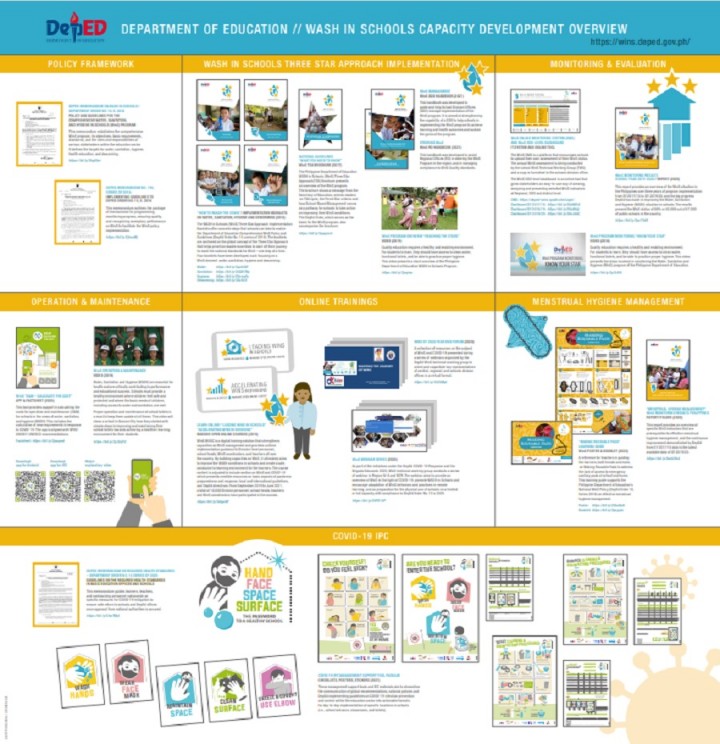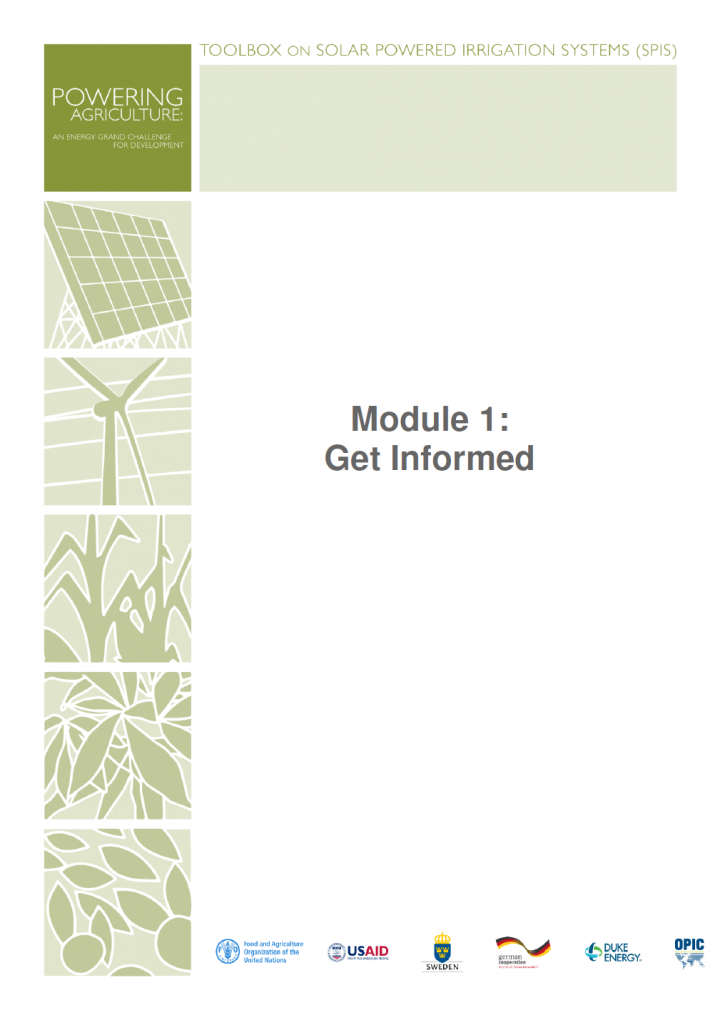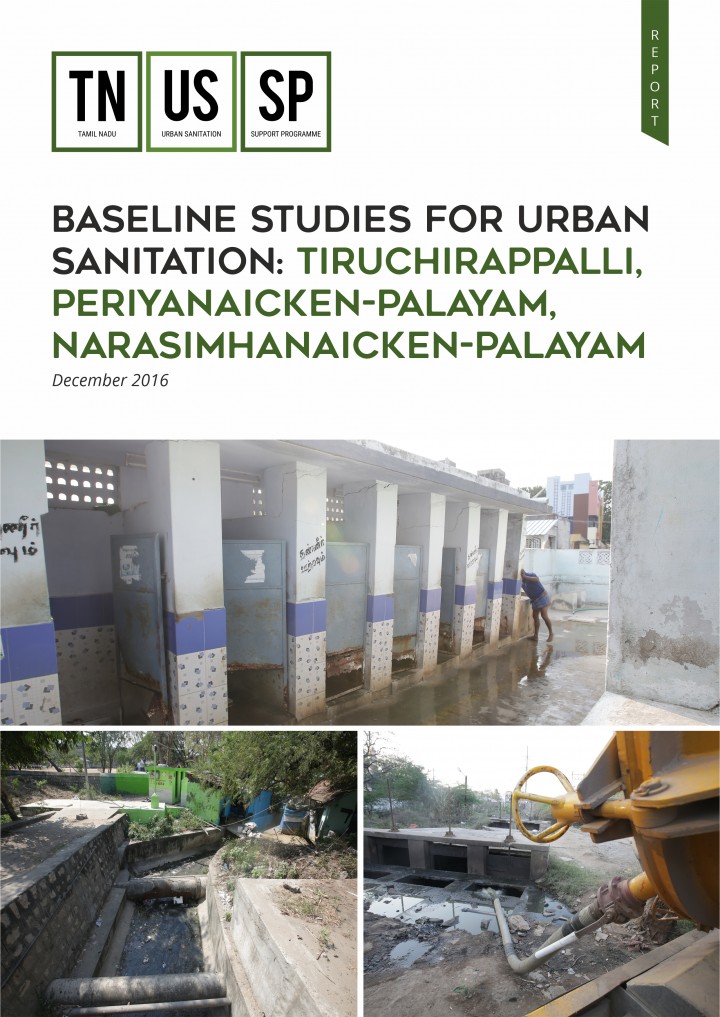Searching for information on Sanitation Workers?
The Sanitation Workers Knowledge + Learning Hub is the best source for all current news, trends, articles and updates on sanitation workers rights around the world.
Oxfam and Unilever’s Chief Sustainability Office carried out extensive research on handwashing practice in emergency contexts. We found nurture to be one of the most powerful motivators driving handwashing with soap among mothers. Even during a crisis, mothers continue to nurture their children to ensure they go onward in life and succeed in bringing fruition to their efforts and fulfillment to …
The promotion and uptake of effective handwashing practices are critical in ensuring the health of populations affected by emergencies and humanitarian crises. Along with general public health benefits, handwashing can reduce the risk of diarrhoeal disease by up to 50% (Curtis and Cairncross, 2003; Fewtrell et al., 2005; Luby et al., 2005). Handwashing with soap is recognised as an easy, …
Compared to conventional energy systems, the use of solar energy has some specific characteristics, which must
be considered when planning a Solar Powered Irrigation System (see DESIGNmodule). The following steps describe in detail the available configurations and individual system components of an SPIS operating
under constantly varying conditions due to daily and seasonal fluctuations. The …
Sanitation Matters!
The theme/slogan puts at centre-stage the various links and communicates a sense of urgency and immediacy. The theme is also “open-ended” and lends itself to creative visual and textual interpretation for expressing a multiplicity of individual/collective human emotions and contexts. The theme can also be interpreted relatively easily into different contexts, cultures and …
Water is essential to life, health and dignity and access to it is a basic human right. All refugees should have assured access to adequate water of good quality, to sanitation facilities, and hygiene promotion practices. In emergencies a WASH response is critical, to reduce mortality and morbidity, and enhance refugees' protection, dignity and quality of life.
It is vital to monitor water …
The Government of India (GoI) has launched an iniative to strengthen the capacity of Panchayati Raj Institutions (PRIs) to ensure the sanitaton gains achieved under the Swachh Bharat Mission (Grameen) are sustained. The initiative includes ODF status of communites, taking up of an open defecation free plus (ODF Plus) agenda and improving access to safe and secure water supply through the Jal …
Studies have shown that agencies are failing to properly consult or collect and act on feedback from the users of the latrines they build, leading many people – especially women and girls – to stop using those latrines as they find them inaccessible, unsuitable and/or unsafe. Consequently, this increases public health risks in emergency situations.
To address this, the Oxfam WASH team has …
This toolkit contains tools that can help National Red Cross and Red Crescent Societies – as well as other organizations – to assess, design, implement, monitor and evaluate community engagement and accountability activities in support of programmes and operations. The toolkit should be used in conjunction with our Guide to Community Engagement and Accountability.
During more than 20 years of civil conflict in both Somalia and South Sudan, sanitation interventions were mostly limited to construction of emergency latrines for affected populations or education on sanitation and hygiene, using the Participatory Hygiene and Sanitation Transformation (PHAST) approach, followed by fully subsidised latrine programmes for selected households.
There is little …
This tool includes checklists for (1) household latrines, (2) communal latrines, including public (e.g. markets) and institutional (e.g. schools) latrines to assess whether household and communal latrines meet minimum requirements for being inclusive and MHM-friendly – including being accessible for persons with disabilities.
The multiple-use water services (MUS) approach is defined as an approach to water services that
considers the multiple needs of (poor) water users, who take water from a number of sources, and
communities’ own priorities as the starting point for investments in new infrastructure,
management arrangements, the rehabilitation of existing infrastructure, or for improvements in
management …
Recently, Global Health practitioners, scholars, and donors have expressed increased interest in “changing social norms” as a strategy to promote health and well-being in low and mid-income countries (LMIC). Despite this burgeoning interest, the ability of practitioners to use social norm theory to inform health interventions varies widely.
Here, we identify eight pitfalls that practitioners …
TNUSSP carried out a baseline study in Tiruchirappalli city and the two town panchayats of Periyanaicken- Palayam and Narasimhanaicken-Palayam in Coimbatore district. The study aimed to profile households, establishments and schools in these locations in terms of their arrangement for toilets, existing containment types, collection, conveyance, and disposal mechanism along with water supply …
The study provides recent advances and adaptations in policy, planning and service delivery to better manage climate related risks in urban contexts. It also identifies actionable strategies to support efforts to improve climate resilience in urban sanitation and to strengthen the argument for their implementation
Globally, investments concentrate on the construction of infrastructure (capital expenditure) with insufficient attention on the systems needed to make the water and sanitation infrastructure function properly: regulations, policies, monitoring, institutions and the people that provide WASH services at regional, district and municipal levels. The lack of non-capital expenditure and support for …
As the largest refugee hosting country in Africa, Uganda currently hosts more than 1.5 million refugees throughout the country. Since 2017, Uganda has been one of the first countries to pilot the implementation of the Comprehensive Refugee Response Framework (CRRF). The CRRF aims to ease pressure on host countries, like Uganda, enhance refugees’ self-reliance, expand access to third-country …








































